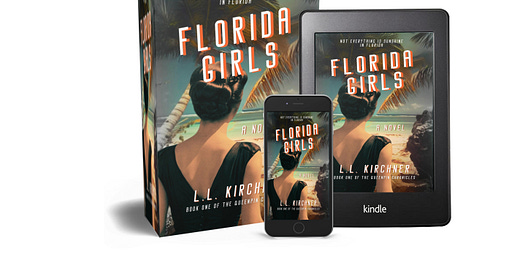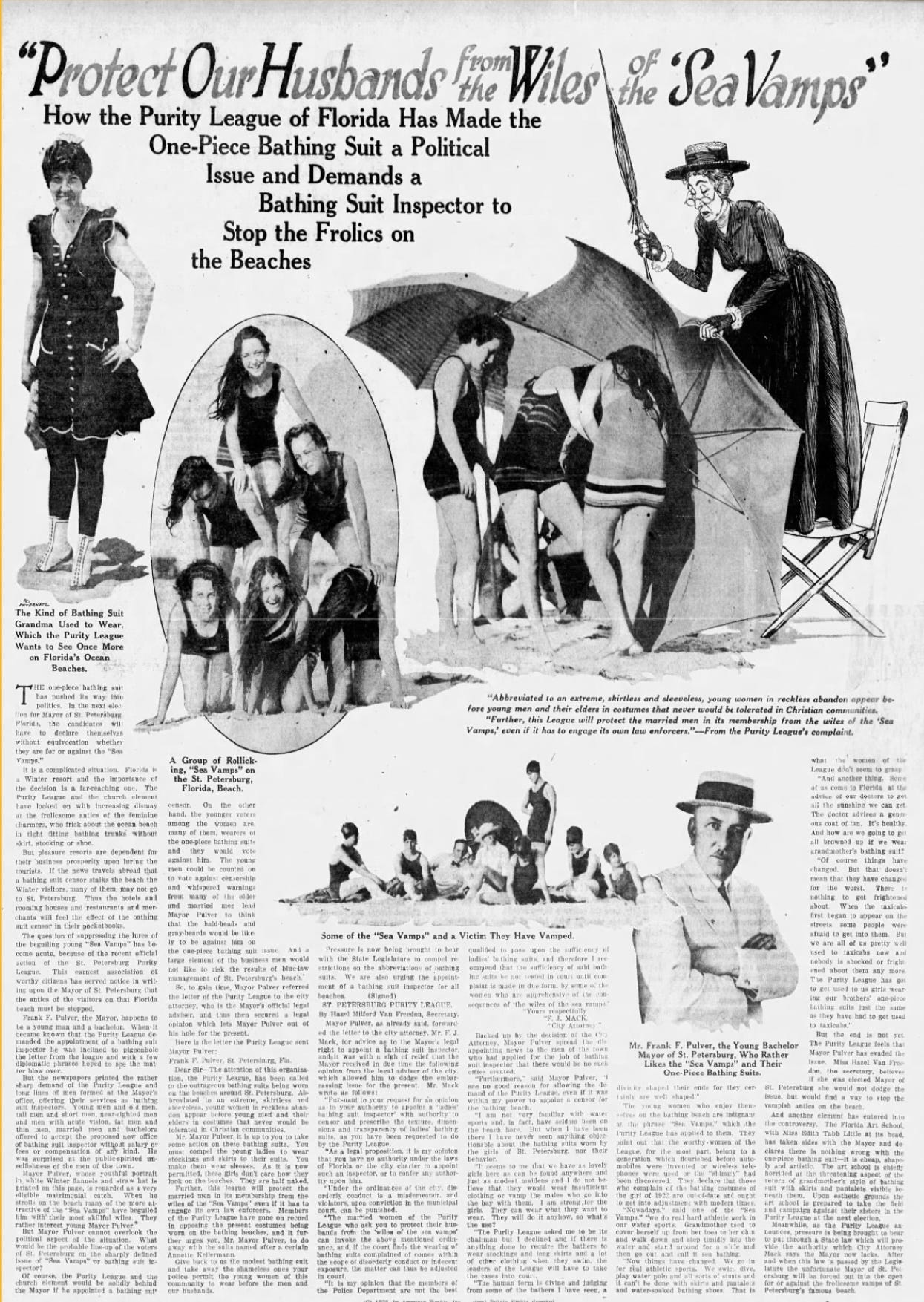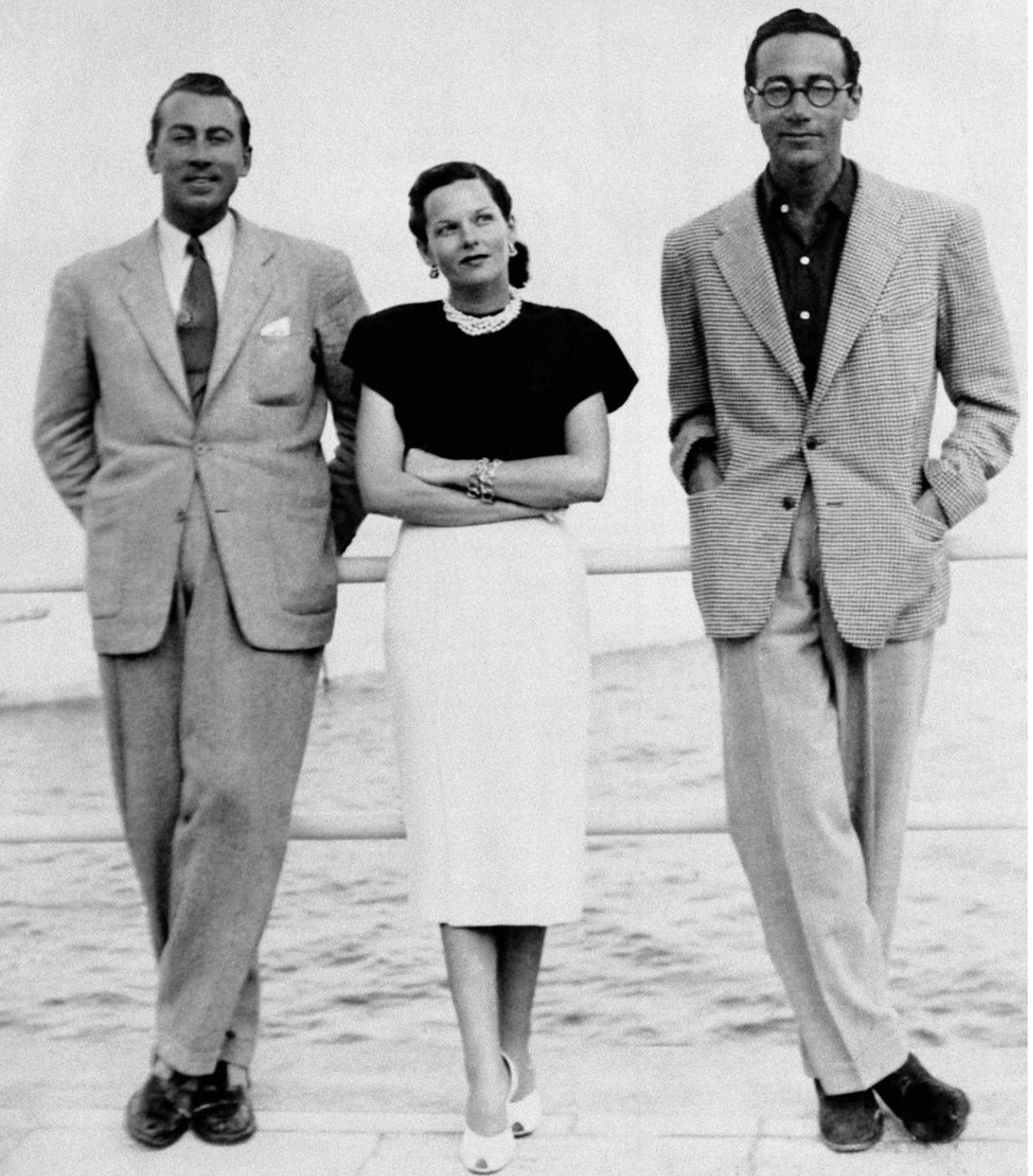I would be remiss not to call for a moment of silence to contemplate the overturning of Harvey Weinstein’s rape conviction in a Manhattan criminal court. In rejecting the Molineux Rule—which allows for testimony in sex crimes cases to come from outside charges in order to establish intent—the courts have made it that much harder for a woman to successfully prosecute her predator. Consider, too, that the Molineux Rule allowed for some testimony in the current Trump case, and recall that this same precedent was overturned in 2021 when Bill Cosby walked out of jail and back onto the streets. It was a chilling moment for women.
And yet, I also recently came across the story of reigning chess champion Anna Muzychuk and remember that our perseverance has changed things in the past, and will again in the future.
In March of 2024, Muzychuk refused to defend her two world titles because the opportunity to do so was at a tournament held in Saudi Arabia. Muzychuk posted on Facebook that she did not want “to play by someone’s rules,” or “wear [an] abaya,” the head-to-toe black body wrap, or be “accompanied getting outside.”
Here’s where all this merges.
Today’s post is about the real people who inspired my book, Florida Girls, starting with the clothing censors who were well and thriving here in the U.S. in 1922.
Back in 1922, the idea of women wearing bathing suits without skirts, stockings, AND shoes was a scandal. But the young woman quoted in the article above says, “Nowadays, we do real hard athletic work in our water sports. Grandmother used to cover herself up from her toes to her chin and walk down and step timidly into the water and splash around for a while and then go out and call it sea bathing. Now things have changed. We go in for real athletic sports, we swim, dive, play, water polo, and all sorts of stunts and it can’t be done with skirts and pets and water soaked, bathing shoes. That is what the women of the league don’t seem to grasp.”
And that’s only a portion of her quote, all of which is gold but can you imagine getting that long of a quote today?
The upshot of the story is this. Though it’s impossible to know who started the Purity League’s campaign—some suggest the entire plan was the invention of Florida dreamer and hustler John Lodwick—the publicity that Mayor Frank F. Pulver was able to wrest from this moment was a stunning success. St. Petersburg, Florida was firmly on the map as a tourist destination.
With this information tucked in the back of my mind, I came across these side-by-side photos, one showing young women lined up on a pool’s edge, the other showing some of them in a “scuffle.”
It looked like it was taken in the early to mid-1940s. During WWII. When we were rationing fabric and tires and travel.
My first thought was, who came up with that scheme?
According to the caption, JE “Doc” Webb, owner of Webb City Drug, says he selected these girls from area high schools to “lessen juvenile delinquency.”
My second thought was, how would a drugstore owner have the kind of clout you’d need to secure wartime travel rations?
And so, Florida Girls was born.
My initial impulse was to write about the Poster Girls from inside the scheming, imagining that this idea had likely grown in much the same way as the 1922 sea vamp scandal. But as I began to write that story from multiple points of view, the characters that were most compelling were the women. Ultimately my main character became the fictional Thelma Miles, one of the lead members of my book’s Florida Girls troupe.
But every hero needs a guide. The next question was who?
We’ve all heard of Bugsy Siegel and Myer Lansky, but what could Thelma Miles learn from them? Plus, yawn. If I was going all in on the women, why not go all in?
Outlasting the mob: Virginia Hill
My first pick was Virginia Hill, a woman whose photo I’d come across in connection with Benjamin Siegel but knew nothing about.
Born in Lipscomb, AL, she left home at 14 or 15 and began working as a waitress and prostitute. Through her work she met Al Capone, who supposedly called her The Flamingo because of her long legs. She used her looks and sex appeal to rise as a mob courier, meeting Siegel in 1937 and becoming the namesake of The Flamingo hotel and casino. But after Siegel’s death at the hands of his associates in 1949, Hill fears she’ll be next on the mob’s hit list because she knows too much. She fled to Paris.
Though she married well at least four times, early in 1950 it came to the attention of the IRS that her lavish lifestyle has no apparent means of support. This is all they need to summon her before the Kefauver Committee that was investigating organized crime. I read her eye-popping testimony in the book When the Mob Ran Vegas:
Senator Tobey: “But why would Joe Epstein give you all that money, Miss Hill?”
Virginia Hill: “You really want to know?”
Senator Tobey: “Yes, I really want to know.”
Virginia Hill: “Then I’ll tell you why. Because I’m the best cocksucker in town.”
Senator Kefauver: “Order! I demand order!”
And that was the start of a delay in live television broadcasting that affects us to this day (including me in my line of work as an occasional on-air guest host for the Home Shopping Network).
Ultimately, Hill took her own life in Austria. The 49-year-old left a note saying she was “tired of life.”
And while she ended up some juicy advice in my book, I wanted something more entrepreneurial. I could not have found a better example than in the form of Madam Stephanie St. Clair. A true vanguard, she ran her own game in New York City at a time when very few women headed up businesses and even fewer people of color.
Meet Stephanie St. Clair
This was a woman who needed to be included.
Born in the West Indies, St. Clair immigrated to the United States from Montreal in 1912 where she quickly realized that the only way for to make money if you were Black was in illegal businesses. After a few months of selling drugs, she was able to employ her own men, bribe policemen, and start a clandestine lottery game in Harlem. Notably, she resisted Mafia control and ran a successful numbers operation for years. She financed otherwise legitimate small businesses, and then coerced them into taking players bets. She also donated money to programs that promoted racial progress.
As she grew the numbers racket, she attracted the attention of mobsters who were too big to resist. Though her main rival in the numbers war was gunned down, St. Clair dropped out of the game, with her fortune largely intact.
She was outspoken, advocating in the press for immigrant rights and against police brutality. According to Sex Workers, Psychics, and Numbers Runners: Black Women in New York City's Underground Economy by LaShawn Harris, St. Clair would tell suitors to, “please not annoy me. I, Mme. St. Clair, am not looking for a husband or a sweetheart. If [you] do not stop annoying me, I shall publish [your] names and letters in the newspaper.”
Then in 1936, St. Clair fell for Bishop Amiru Al-Mu-Minin Sufi Abdul Hamid. They signed a one-year trial union, agreeing to hold a legal ceremony at the end of that time if they so chose. They did not. In fact, not long after their ceremony, St. Clair tried to kill Hamid at gunpoint, finally landing herself in prison.
After serving her time, details of St. Clair’s life are murky. But according to Harris, her life ended in a Long Island psychiatric facility.
Queenpins exist to this day. But this book is not about glamorizing those stories. Thelma Miles is, like St. Clair, uninterested in playing by the mafia’s rules. The reason I am interested in these women, however, is for the hope they bring to our current situation.
Think about it. Today, prohibitions on bathing suits would be unthinkable. Prohibition would be unthinkable. Yet in some parts of the world, such practices still flourish. We have had gains and losses, and the battles rage on. We must not be mowed down by the challenges but face them head on; knowing these stories gives me the strength to do that.
Click the button to preorder a signed copy of Florida Girls:
And, if you’re in a book club that might be interested in reading the book, I have free downloads, an order form for bulk discounts, and Zoom! If possible, I’d love to drop in to your book club. Check out my website here:
As always, freebies!
Check out these promos to find new (FREE) reads:
Your turn! Tell me:
What’s your favorite quote above?
Have you watched all the Godfather movies?
Which Soprano did you want to have their own spinoff series?
Did you know about either of these queenpins?
Does it surprise you that newspapers got played?










Excellent article - truly makes you think. I have to say, my favorite quote is about being the best cocksucker in town. I mean, what a woman! They demanded the truth and she gave it. I love changing the narrative to look at the queenpins of the past. There are probably so many more than we ever could have imagined. I can’t wait to read this book!